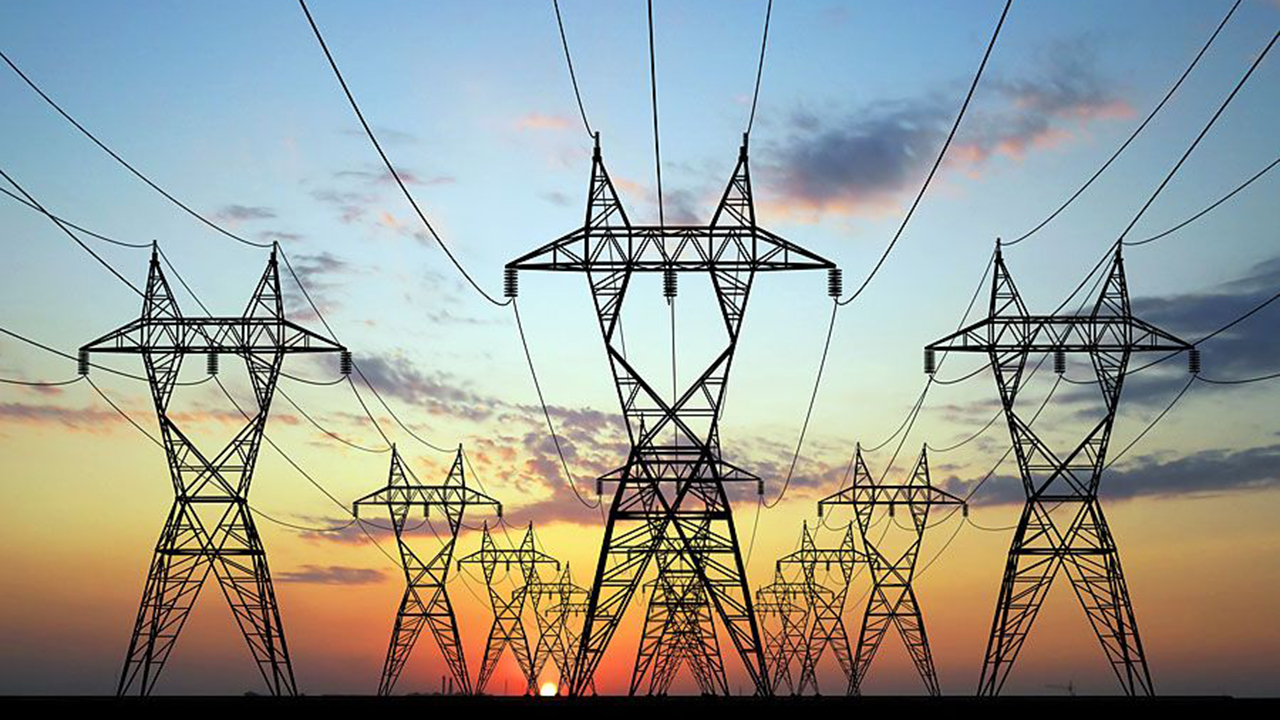 PwC has highlighted the potential of the Electricity Act 2023 to significantly mitigate the $28 billion lost to the power sector yearly.
PwC has highlighted the potential of the Electricity Act 2023 to significantly mitigate the $28 billion lost to the power sector yearly.
According to the 14th edition of PwC’s Yearly Power and Utilities Roundtable, with the theme: ‘The Electricity Act 2023: Powering Nigeria,’ it noted that the evolution of the policy landscape in the power sector showed significant progress has been made, but challenges remained.
It noted that the Electricity Act of 2023 attempts to address some of these challenges and unlock new potential.
However, it noted that over the past two decades, Nigeria’s power sector has seen several reforms and initiatives driven by regulators, ministries, and industry players.
According to it, from key policies like the Nigerian Electric Power Policy in 2001 to the privatisation of the generation and distribution subsector in 2013, to more recent interventions like the launch of the Meter Asset Provider scheme in 2018, Service Based Tariff regime in 2020, and the Electricity Act 2023.
PwC mentioned that the Act empowers states to establish state-owned utilities, ‘Successor Companies,’ capable of attracting long-term investment through innovative structures, and dedicated distribution and supply companies within states can act as special purpose vehicles (SPVs), drawing capital from state resources or private investors through primary or secondary markets.
It pointed out that adopting the Electricity Act 2023 involves substantial financial investments, engaging legal and commercial expertise, developing and establishing state-level regulatory bodies, and competing for limited state resources.
The report further stated that thorough due diligence and feasibility studies are crucial to ensure efficient resource allocation and project viability.
“Having vastly different electricity laws across states will be detrimental, creating market distortions and unfair competition. There is a need to ensure that regulation of electricity across the federation is consistent and avoid regulatory capture,” it stated.
It added that many utilities require patient capital, noting that the Power Consumer Assistance Fund (PCAF) serves as a joint federal-state mechanism for targeted subsidies, the Act facilitates collaborative fundraising efforts.
“The Act empowers states to establish state-owned utilities, ‘Successor Companies,’ capable of attracting long-term investment through innovative structures,” it added.






